The primary treatments for cancer are chemotherapy and radiotherapy. Both these treatments work by targeting active cells. This means that they also attack healthy cells, such as new blood cells in the mouth, hair, skin, digestive tract, bone marrow and reproductive organs.
When healthy cells get damaged, it can cause side effects such as nausea, vomiting, pain, skin changes, loss of appetite, fatigue, hair loss and mouth sores.
Everyone reacts differently to these treatments, however, learning to mitigate and manage these unwanted side effects becomes imperative for people with cancer.
Honey for the management of chemotherapy side effects
For a long time, honey has been known for its strong antibacterial, antioxidant, anti-inflammatory, and wound-healing properties. Studies show that honey may also be helpful as a natural remedy for some chemotherapy side effects.
Besides honey, particularly Manuka honey, may have strong anti-cancer properties as it contains flavanoids and phenolic acids which could effectively inhibit the growth of a variety of cancer cells, according to research.
Honey and mouth inflammation
Chemotherapy and radiotherapy can cause damage to the cells lining the gastrointestinal tract, which leaves the mucosal tissue (mucous membrane) open to swelling, irritation and sores. The common site for this to occur is in the mouth.
People with oral mucositis experience pain, have problems swallowing and have an increased risk of infection.
Studies have shown that honey can reduce moderate-to-severe pain from mucositis. The incidence of oral mucositis is higher in children, and there are a few studies that have researched the effect of honey on pediatric patients. A 2022 study found that honey showed the best capability of healing injured tissues in children and had fewer side effects than medication.
Honey and cancer-related fatigue
Cancer-related fatigue (CRF) is experienced by 50 to 90% of cancer patients, which can severely affect their quality of life. It can even persist years after the chemotherapy treatment is over.
However, honey or certain honey products can improve CRF, according to several studies.
A 2019 study found that Tulang honey helped improve CRF and quality of life. Another study published in the Archives of Breast Cancer shows the effectiveness of Honey Jell ® (natural product based on honey, royal jelly, and extract of Ziziphus zizyphus) as an effective treatment for CRF in breast cancer patients.
Both processed honey and royal jelly (milky secretion made by worker honeybees) were tested for their effects on CRF in a 2016 study and found to be more effective than pure honey.
Honey and low white blood cell count
Neutropenia or low white blood cell count is common in people receiving chemotherapy treatment. Neutrophils or white blood cells help fight infection. However, chemotherapy destroys neutrophils along with cancer cells, which can lead to a greater risk of infections. Febrile neutropenia is a complication of chemotherapy, which occurs when neutropenia is accompanied by fever, requires expensive treatments with side effects.
Several studies have researched the effects of honey on febrile neutropenia. One study found that Life-Mel Honey (comes from bees fed on a combination of medicinal herbs, including ginseng, echinacea and lemon balm) given to cancer patients reduced the risk of low white blood cell count, while another study concluded that a honey intervention is an inexpensive method that can reduce the risk of febrile neutropenia in children.
Best honey for chemotherapy side effects
Researchers warn that natural honey contains inactive bacteria and spores which are risky to those with lower immune systems. They recommend using sterilized ‘medical’ honey.
Before using any honey or honey product to manage any chemotherapy side effects, it is advisable to check with your doctor.
If you are looking for therapeutic Manuka honey products, such as one used for good sleep or to relieve irritation and soreness in the mouth, be sure to check our online store.



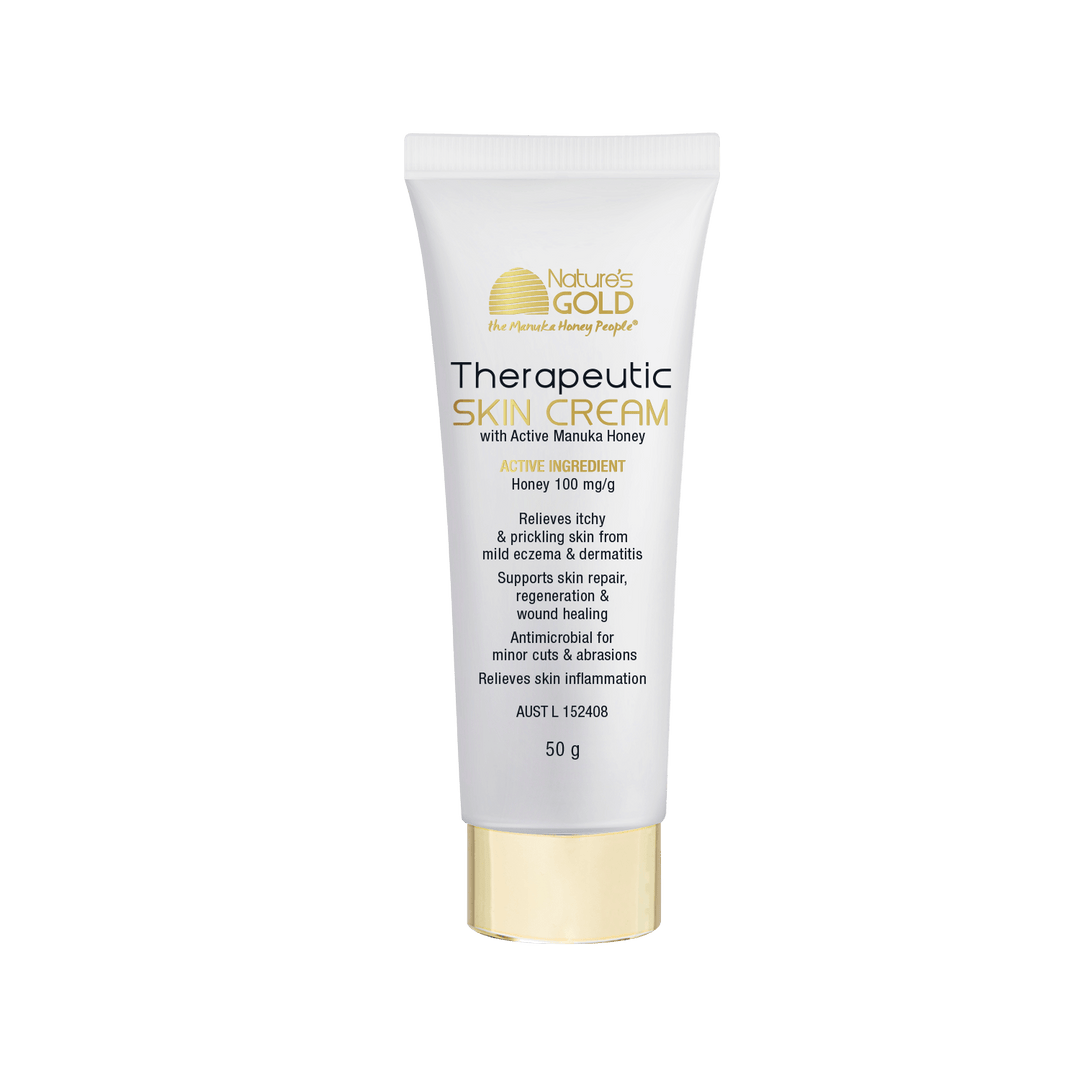
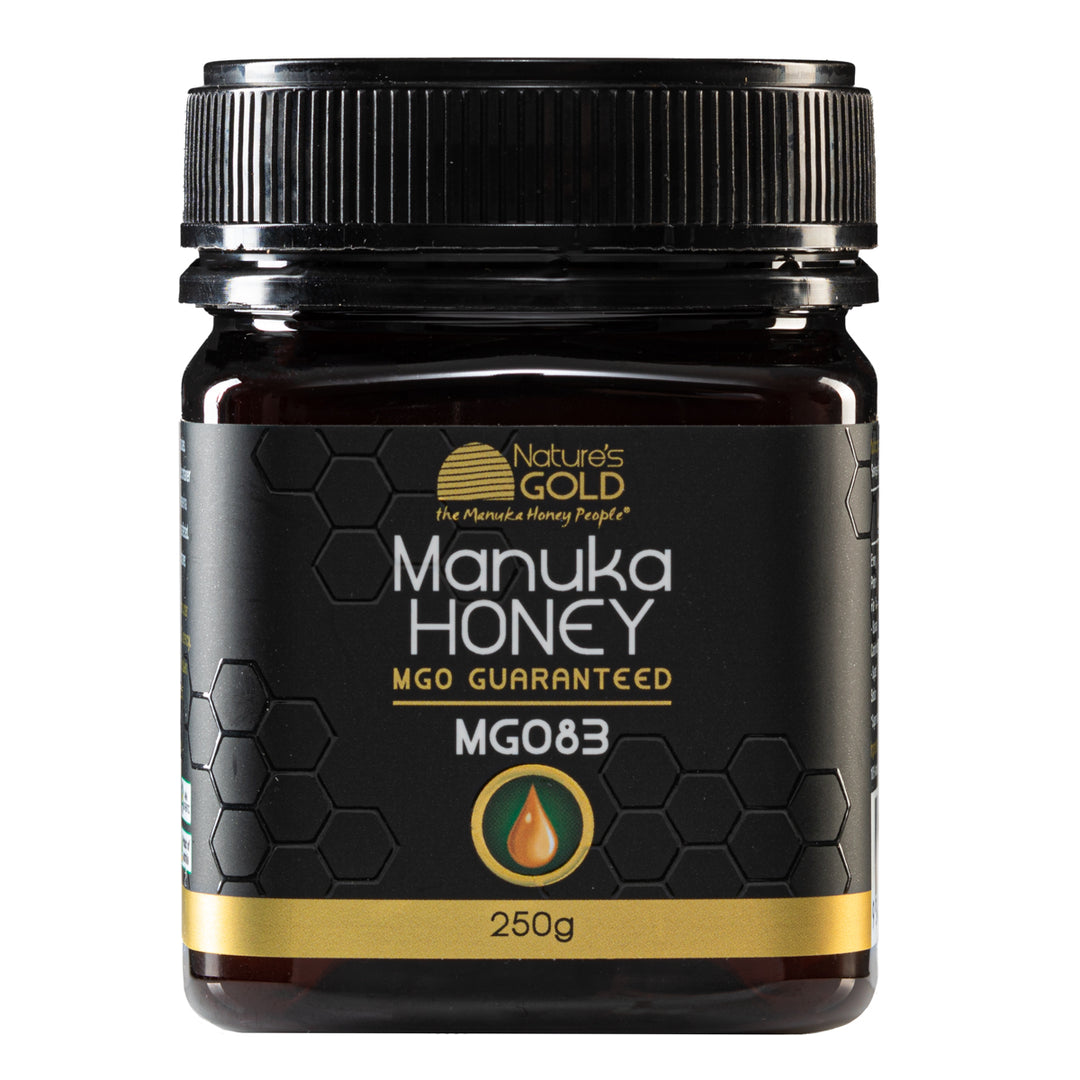
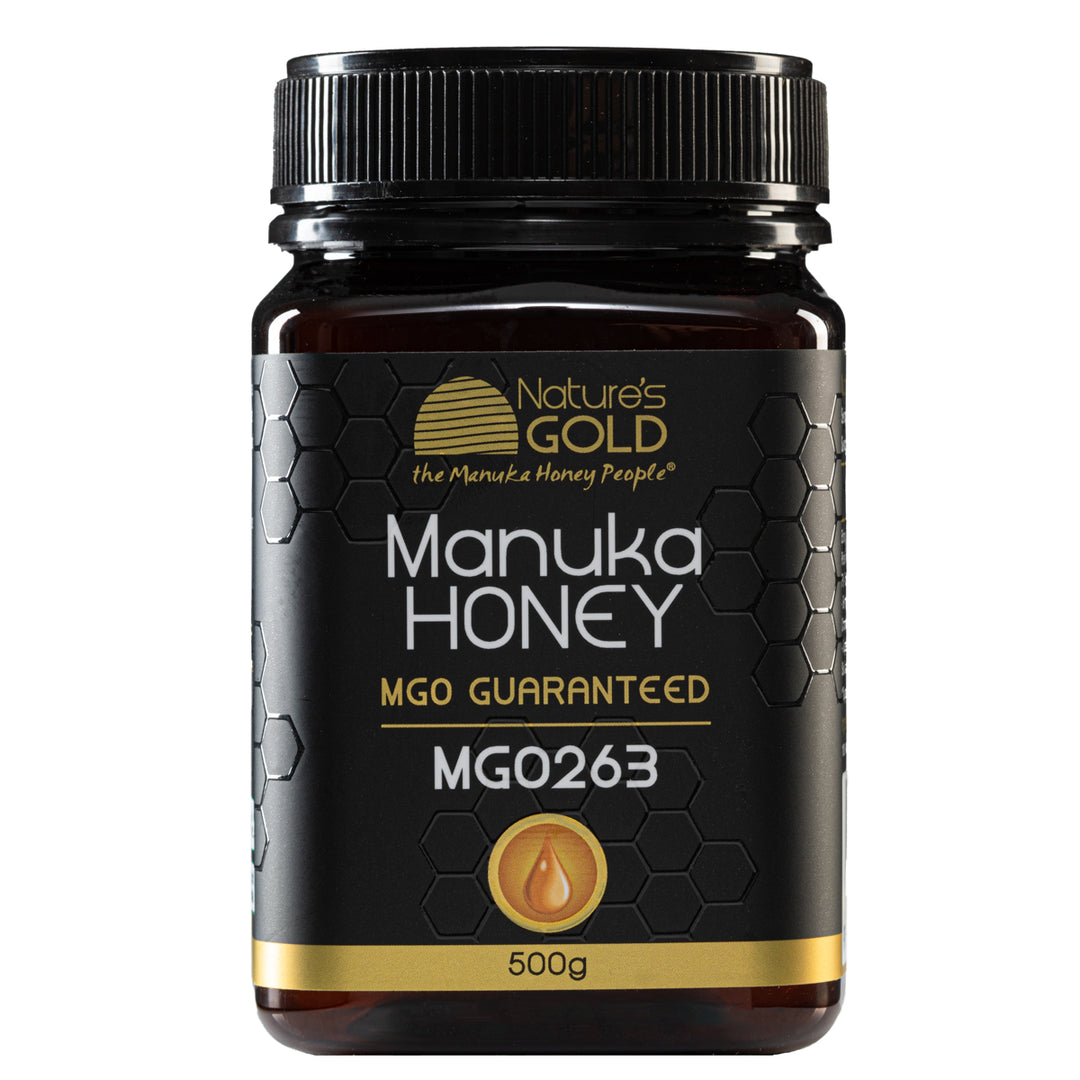
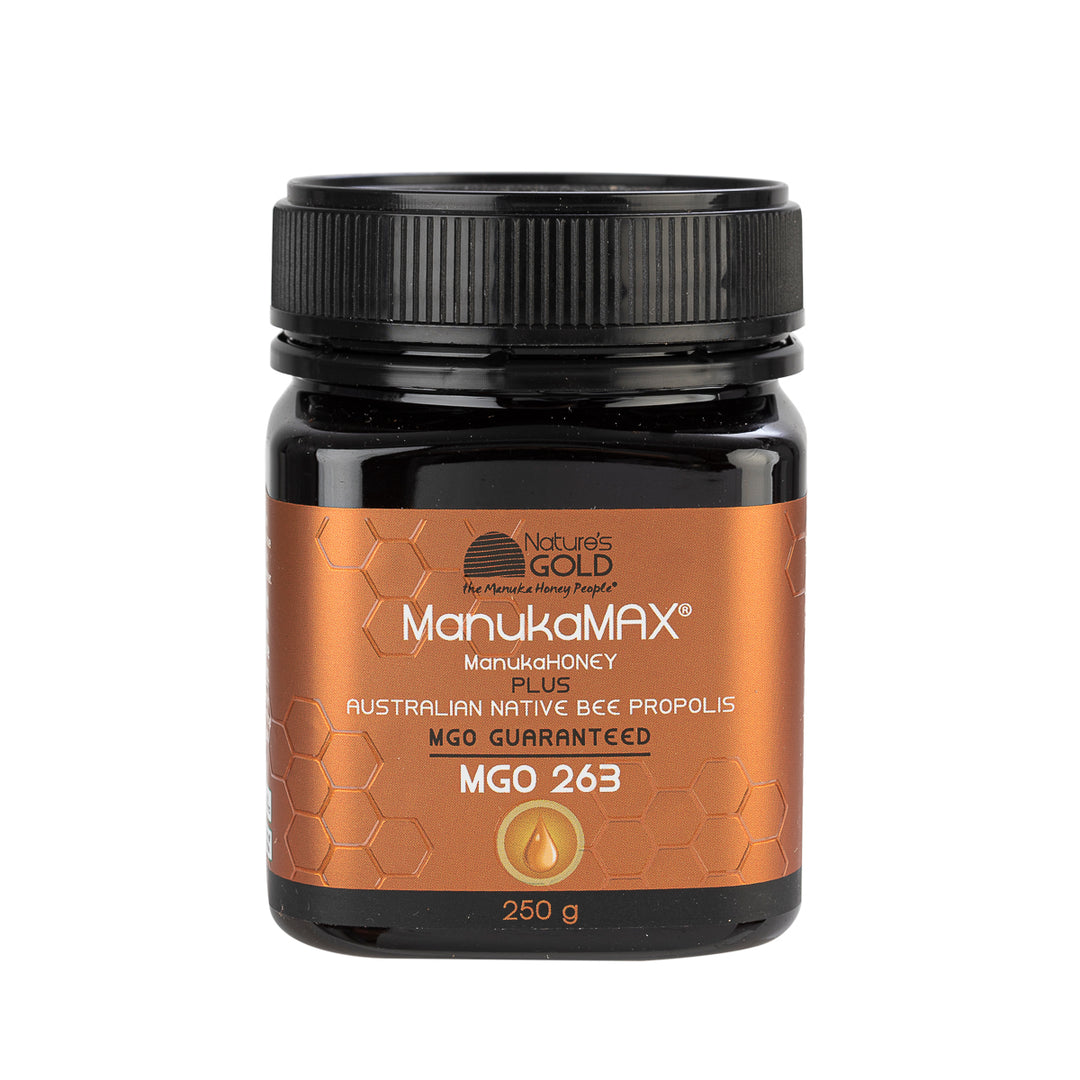
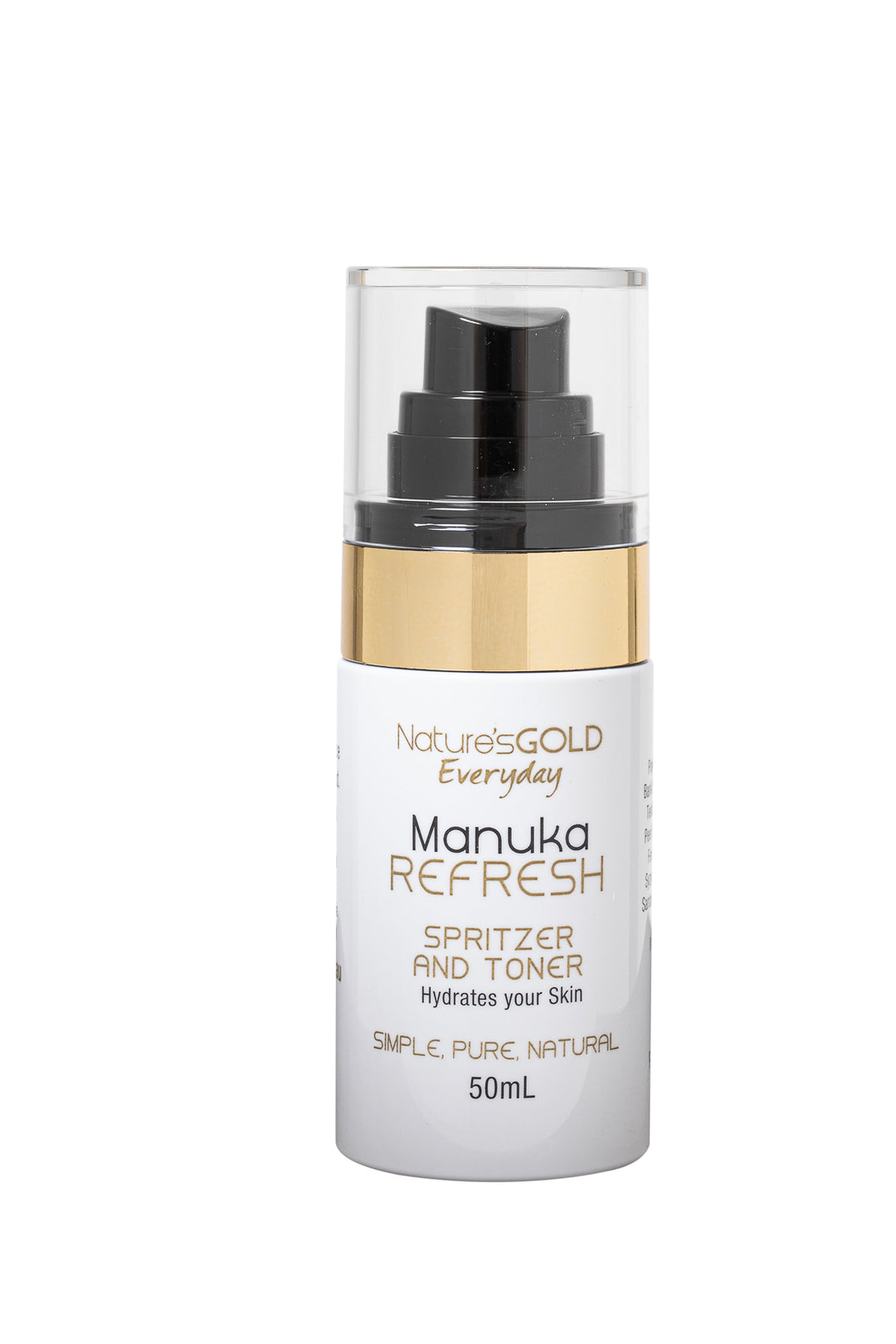



When undergoing chemotherapy, it is generally safe to consume pasteurised honey as it has been heat-treated to eliminate any harmful bacteria that could be present in raw honey, which should be avoided due to a weakened immune system during treatment; always consult your doctor before making significant dietary changes while on chemo.
Bonjour je peux prendre du miel pasteurisé après une chimiothérapie :cancer du pancréas merci
Leave a comment